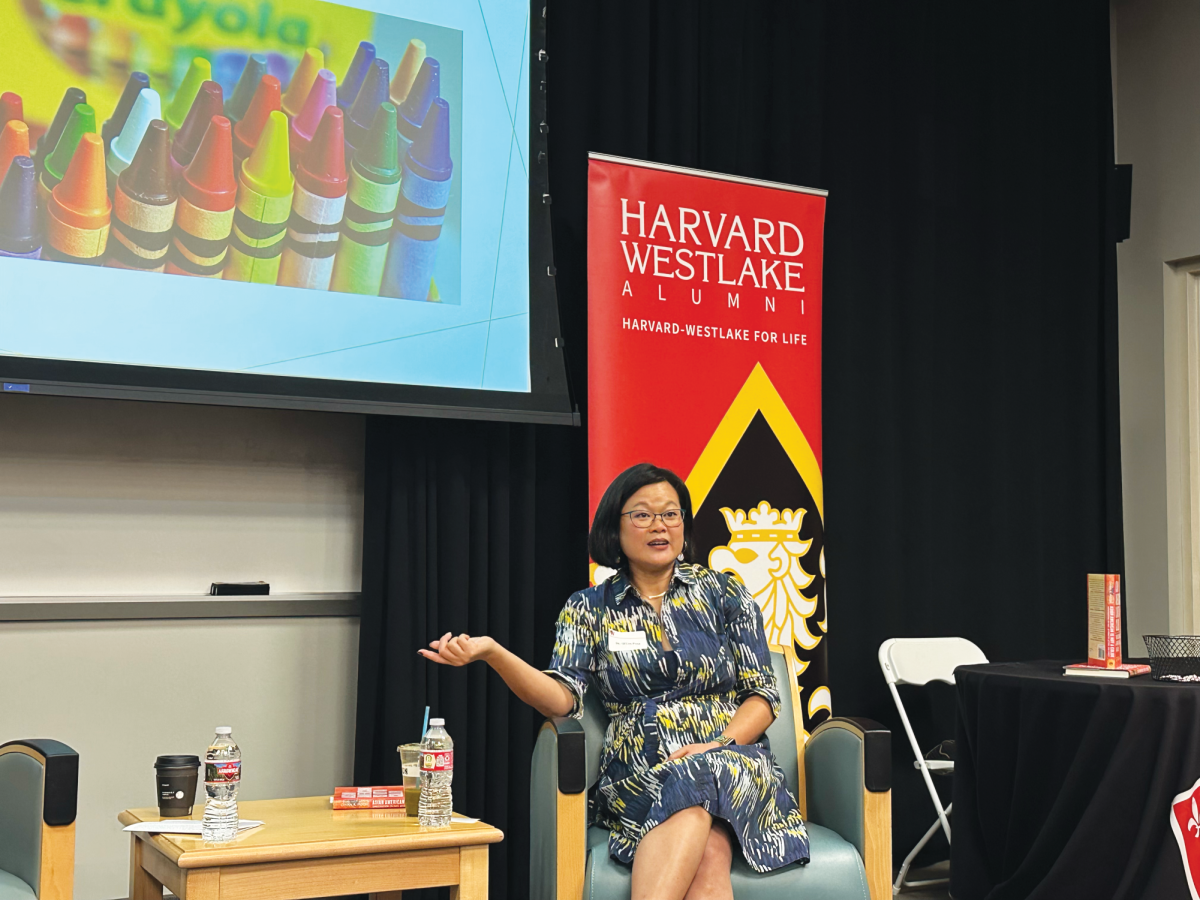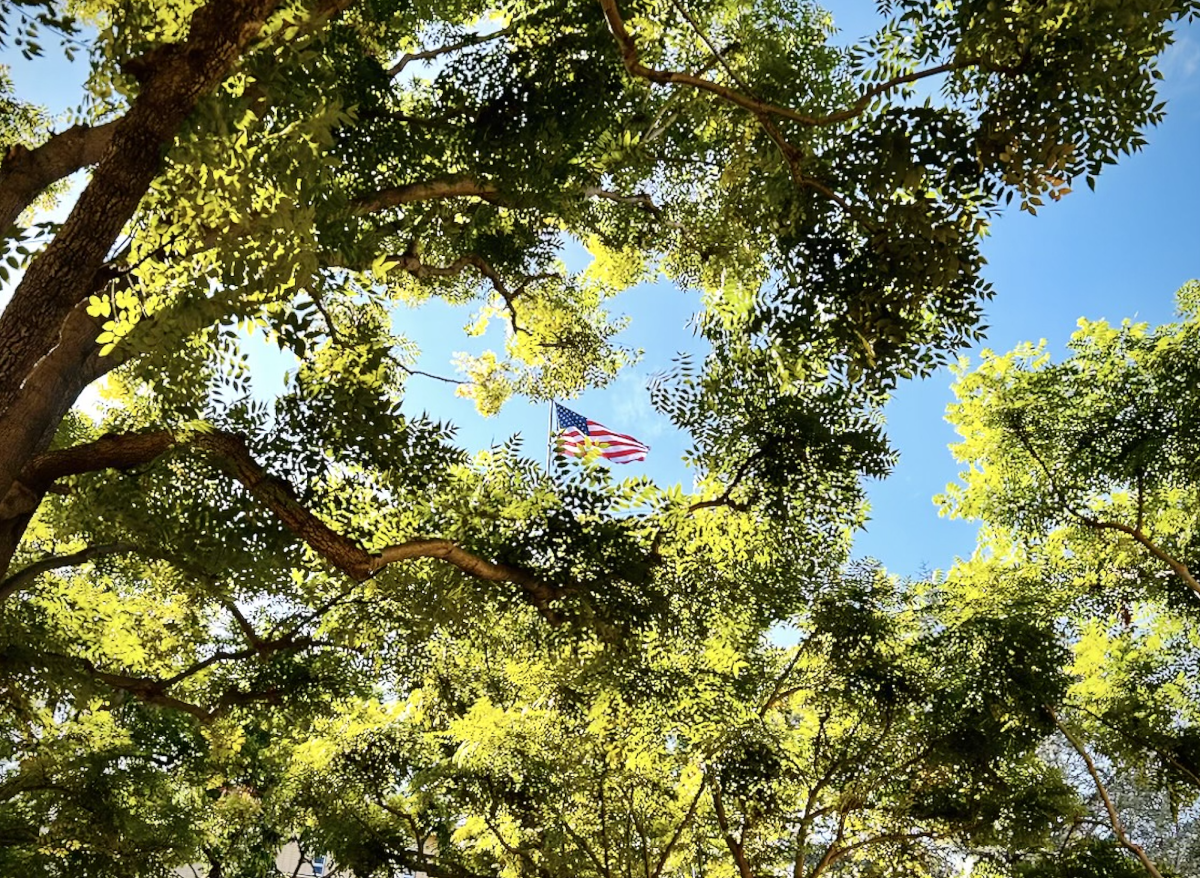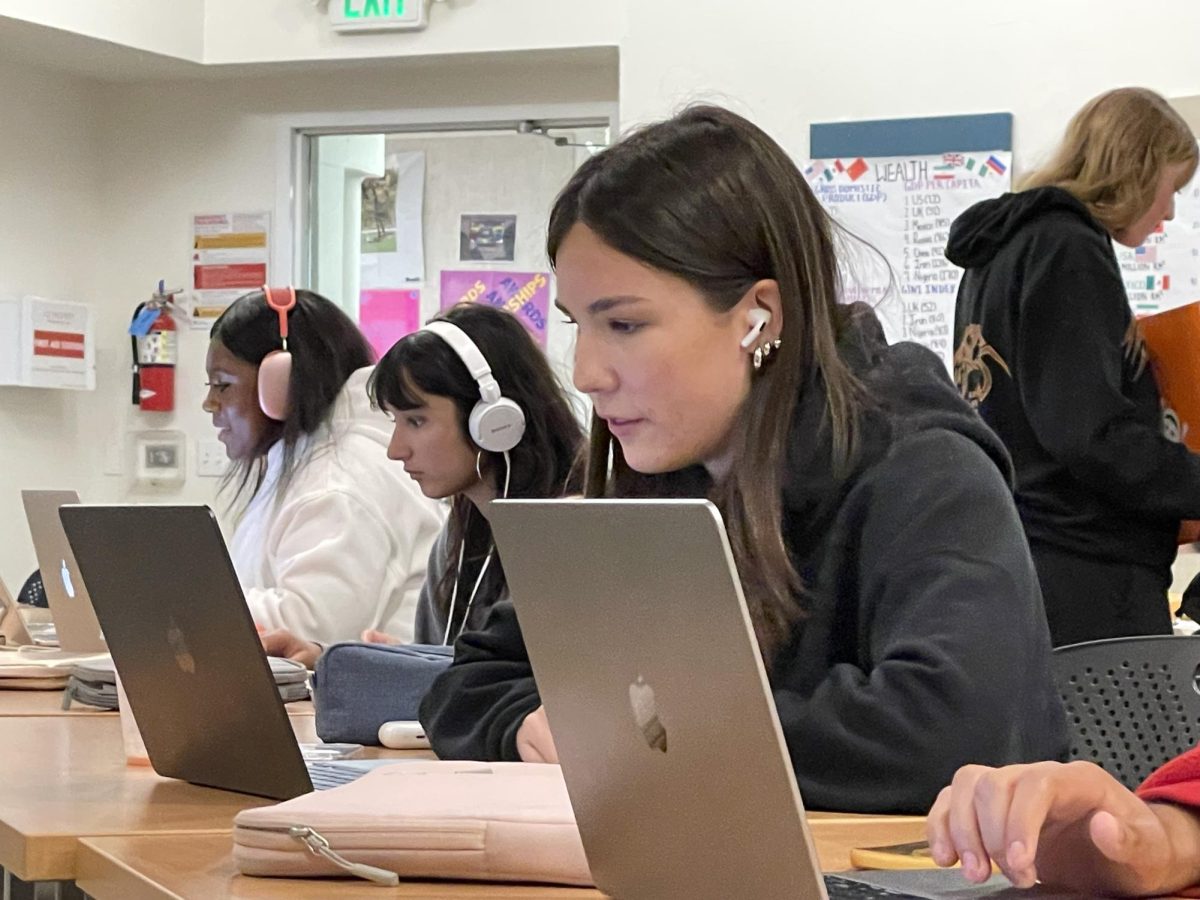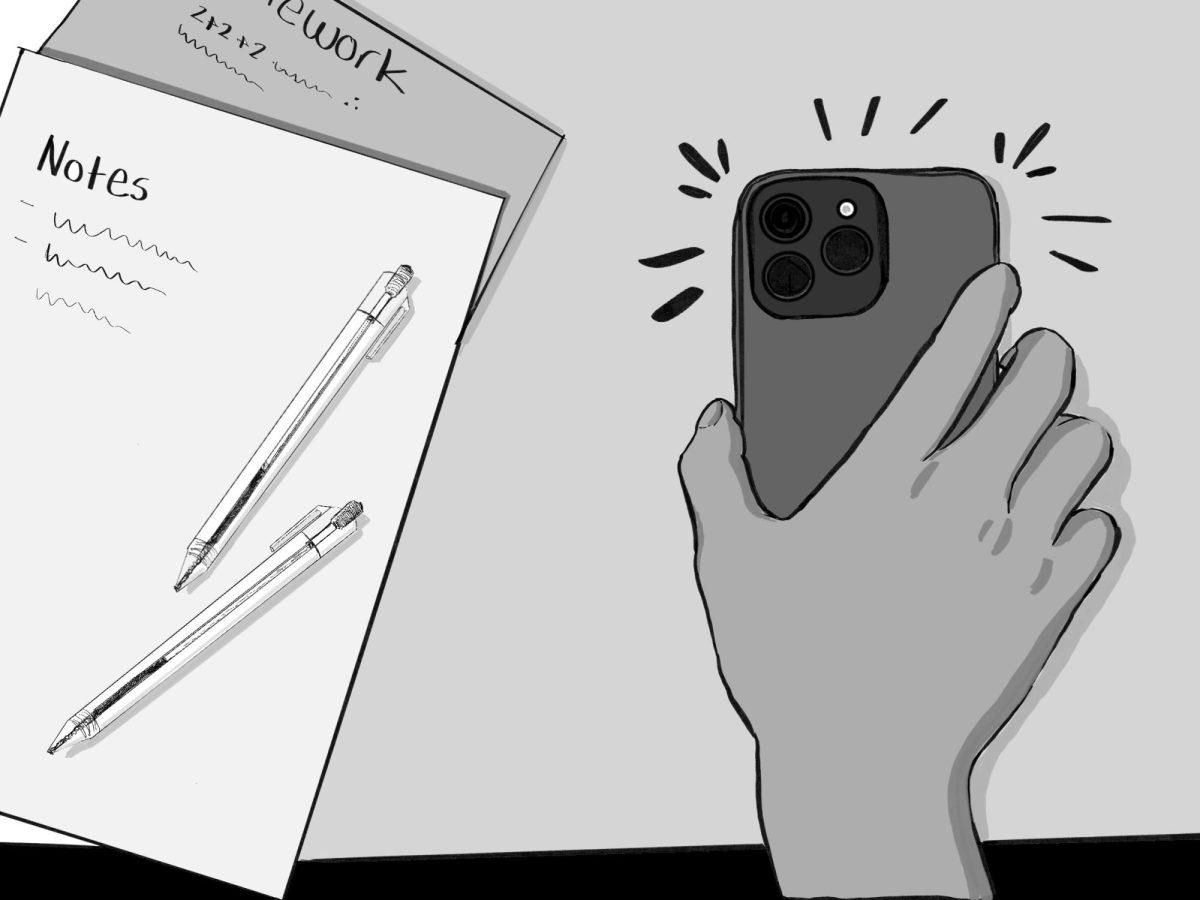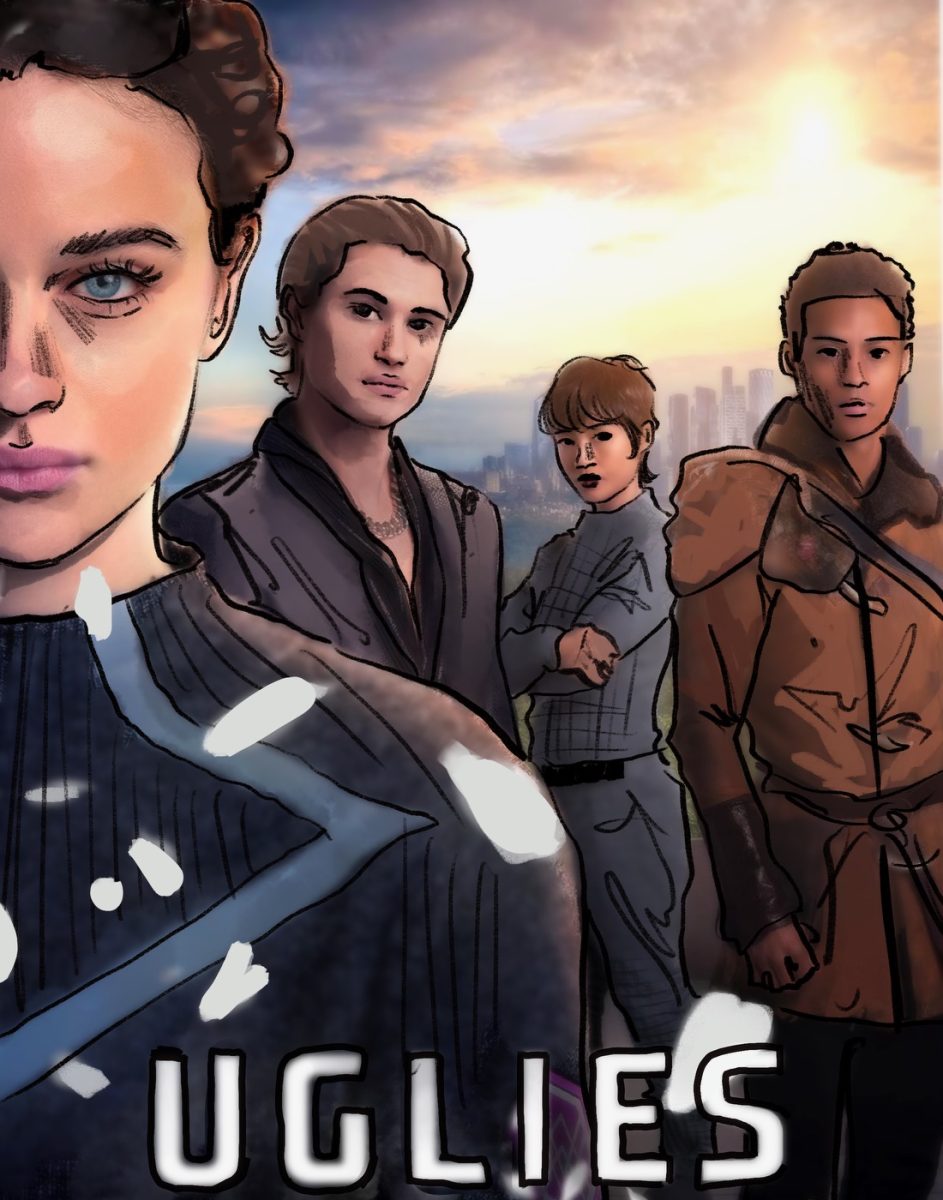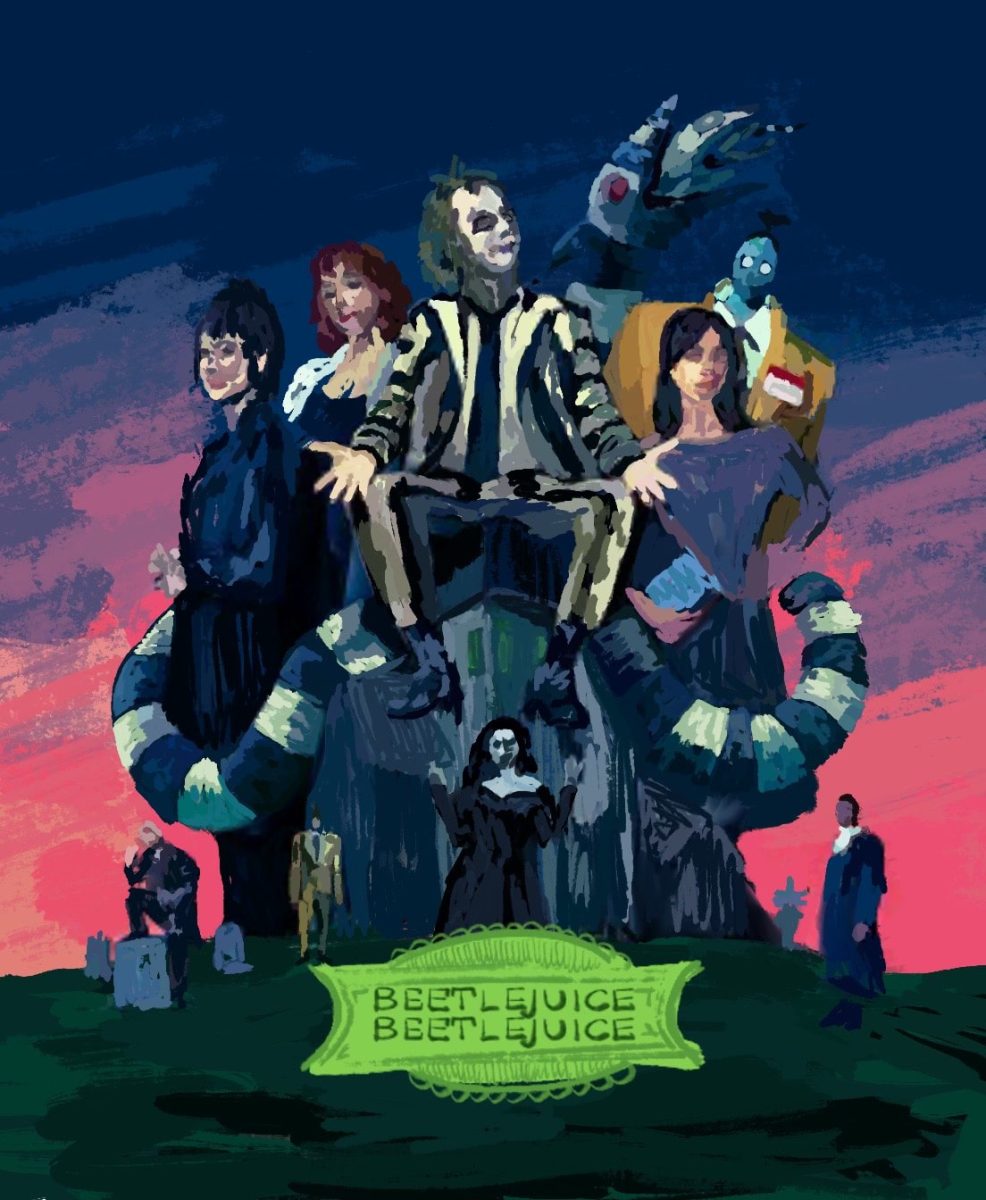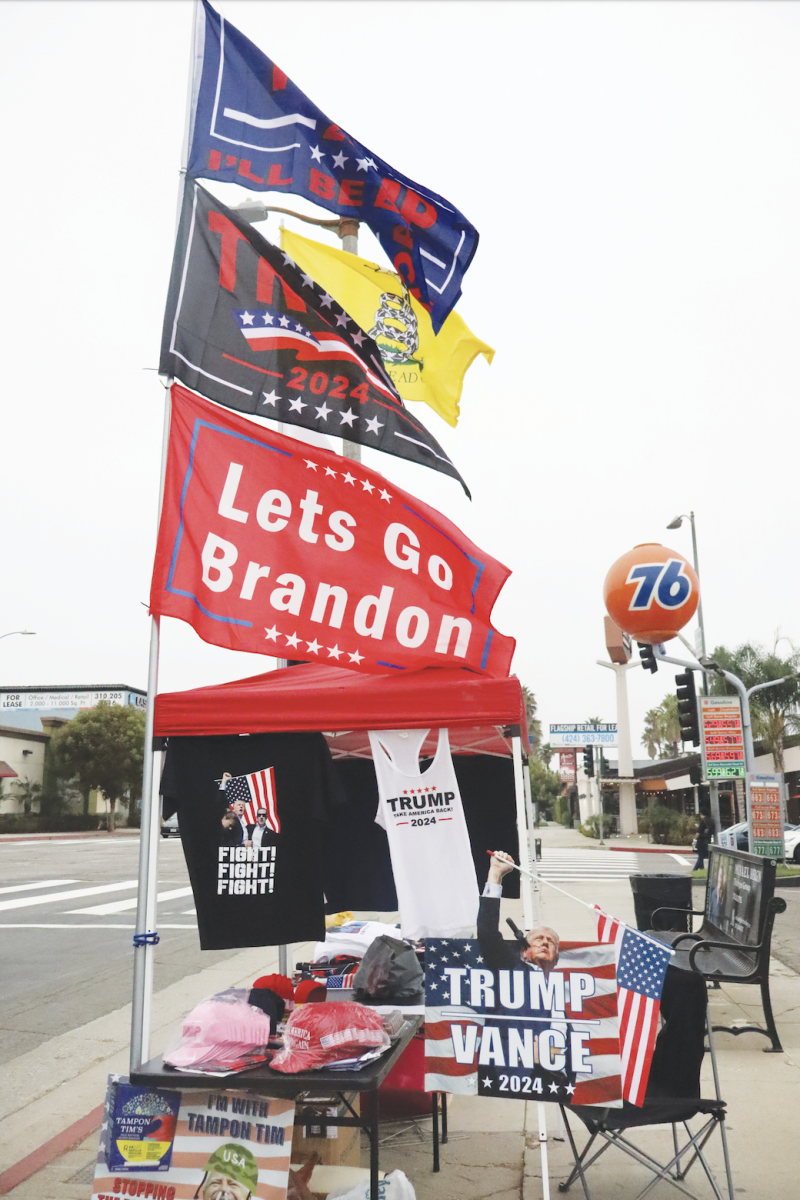Students who travelled to Laos last spring break screened documentaries Thursday night that they created showcasing the impact of the secret bombings in Laos by the United States during the Vietnam War.
The footage used in the films was acquired last spring, when a group of 12 students traveled to Laos. The trip was led by visual arts department head Cheri Gaulke, founder of Friendship Tours World Travel Alethea Paradis and Emmy award-winning filmmaker Jeff MacIntyre.
Gaulke opened the Oct. 24 event by praising the students’ efforts in documenting and confronting a controversial subject.
“[This screening] represents a huge achievement for these students, not just as filmmakers, but as citizens of the world,” she said.
The presentation began with a promotional video MacIntyre made that featured the students explaining what they found most fulfilling about the trip. It was then followed by six documentaries, five of which were produced by Harvard-Westlake students. Two students from Santa Barbara, who joined the Harvard-Westlake group’s trip to Laos, made the other documentary. Between each film, the filmmakers were called to the front of the room to answer a few questions about their process and experience.
The films focused on various aspects of the postwar climate in Laos. Delilah Napier’s ’15 film, “The Lingering War,” concentrated on the deceit and regret of Vietnam War veterans, who simply followed executive orders in bombing civilian territory.
“This is not what I signed up for. This is just murder,” Lee Thorn, a former Navy bomb loader for warplanes in Laos, said in the documentary.
Other films, including Hana Kateman’s ’15 and Koji Everard’s ’15, “A World Without UXO,” highlighted the difficulties in making prosthetic limbs for victims, as well as finding and destroying the remaining undetonated bombs. It showcased the work of Give Children A Choice founder Dori Shimoda who seeks to make a difference in his community by building preschools in remote villages and tending to health issues common to Laotian children caused by the postwar poverty.
MacIntrye explained that the goal of the trip and resulting films is ultimately to address conflict head on and repair wounds of the past.
“We came face-to-face with the people that we bombed, and all we got in return, was love. I mean, how can you not become fearless champions of their cause after that?” he said.
The students are continuing their efforts to help the Laotian people beyond their documentaries. The group has started the Say No to UXO club, which aims to raise money for Shimoda’s organization and help ease the devastation Laos has endured since the end of the war.
“I remember heading home from LAX that night and just thinking, I don’t think I can ever forget this moment, and I promised myself that no matter what, to the very end, I will stand by the side of the people I met in Laos, supporting them with whatever it is that they need,” club founder Max Cho ’15 said.

